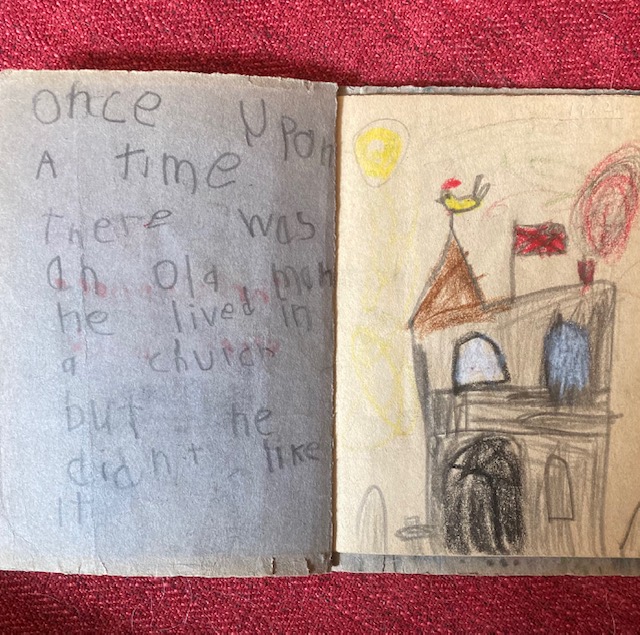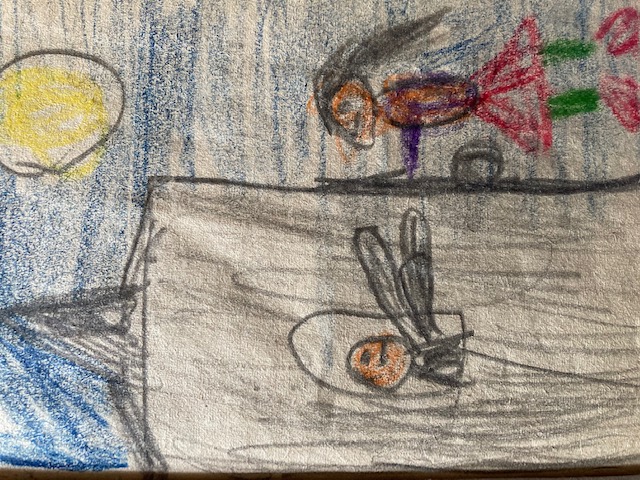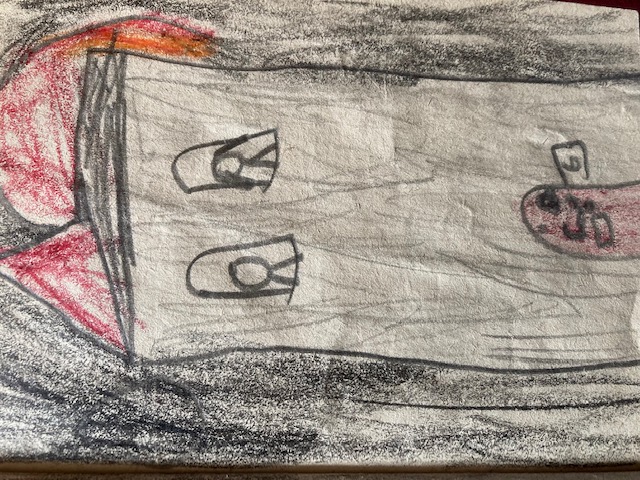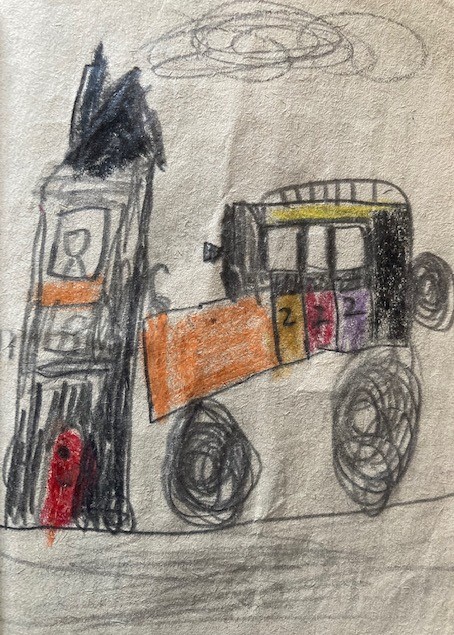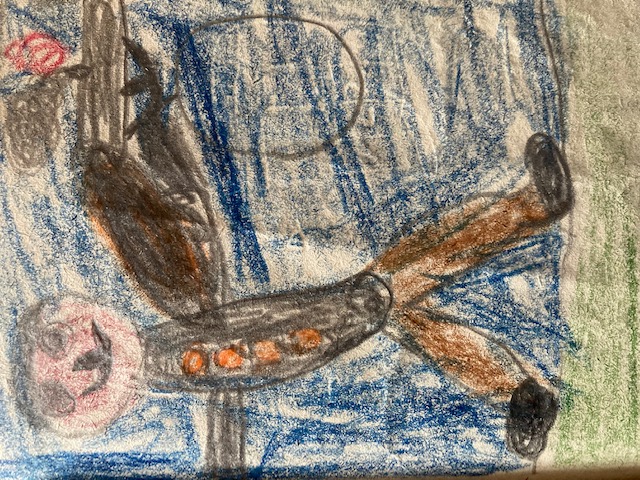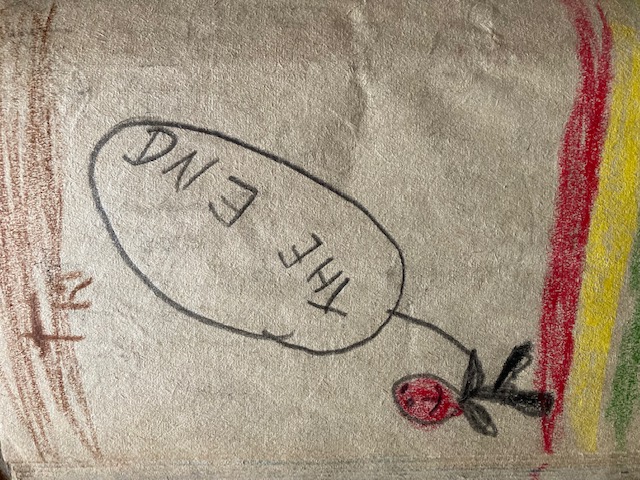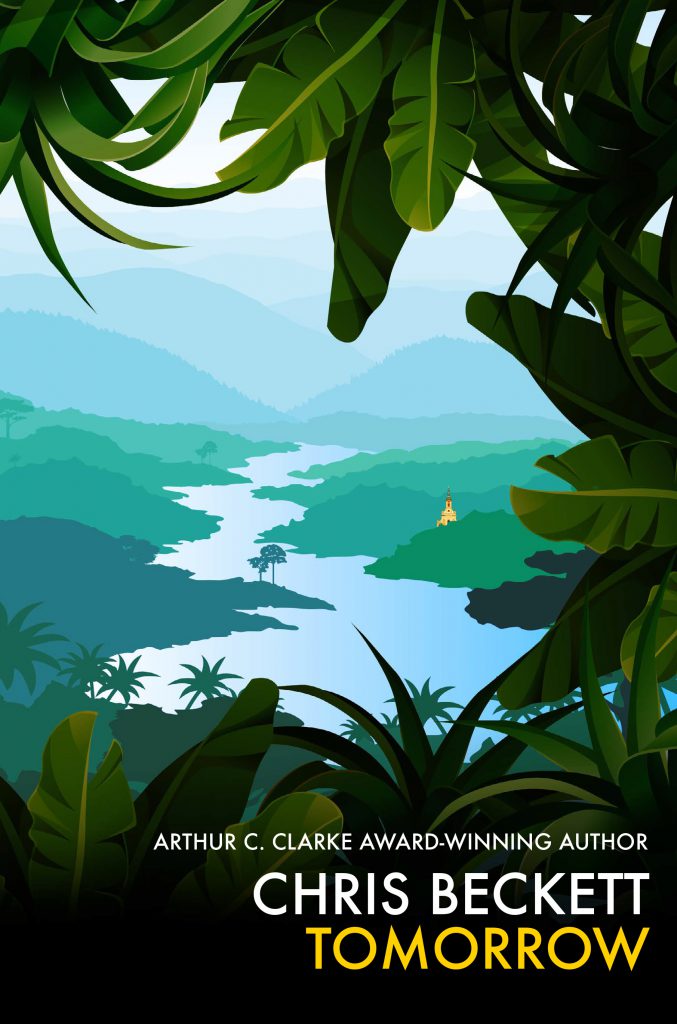I’ve always thought that there were two types of understanding. The first is to know, as a matter of fact, what something is or how it works (as in ‘the moon is a ball of rock: I know that because I’ve been taught it’). The second is to really feel a thing to be true (as in ‘wow, the moon really is a solid ball of rock’). I think the second meaning is close to the word grok, as coined by Robert Heinlein in Stranger in a Strange Land. It feels precious when it happens. Rather as love feels precious when you suddenly really feel it, and you don’t just know it’s in there somewhere.
But if ‘Type 2 Understanding’ were simply about being able to relate something unfamiliar to with something with which we are already familiar in an intuitive, tactile kind of way, would that really be understanding? When I say that, for instance, ‘I would like to feel I really understood the theory of relativity,’ what I mean is not that I wish someone could take me through the maths, but that I would like someone to be able to explain it to me in a way that would make me feel at home with it, which in my case usually means by analogy with something I’m already familiar with. The trouble with that is that it is circular. Physics is supposed to explain familiar things like, for instance, why solid objects fall to the ground. If those explanations were dependent on analogies with familiar things, we would be back at the beginning.
(I think of certain diagrams of gravity in which a large mass has caused a deep dent in space-time towards which other spherical objects, such a steel balls, roll: these make intuitive sense because we know steel balls would roll down a slope towards a hole. Gravity feels to have been explained to us by analogy with… gravity.)
Actually, I’m not sure that even mathematical explanations take us out of this circle. Aren’t they just a much more rigorous way of explaining what we don’t know in terms of what we have decided we already know?
But then, what would real understanding be? What else could it be?
Actually, I’m not sure Type 2 Understanding really is about causes and explanations. I think when I grok something out there in the world -which is a precious experience, as I say, and one that only rarely happens – it’s not that I can suddenly provide explanations, it’s more that explanations are no longer necessary. I’m just briefly very powerfully aware, not that the moon is a ball of rock, because I know that anyway, but that it is really there, and that I am really here, and that we are both in the same world. Which actually is also what love is like when you really feel it. I am here, and you are there, and we both really are together in the same world.
